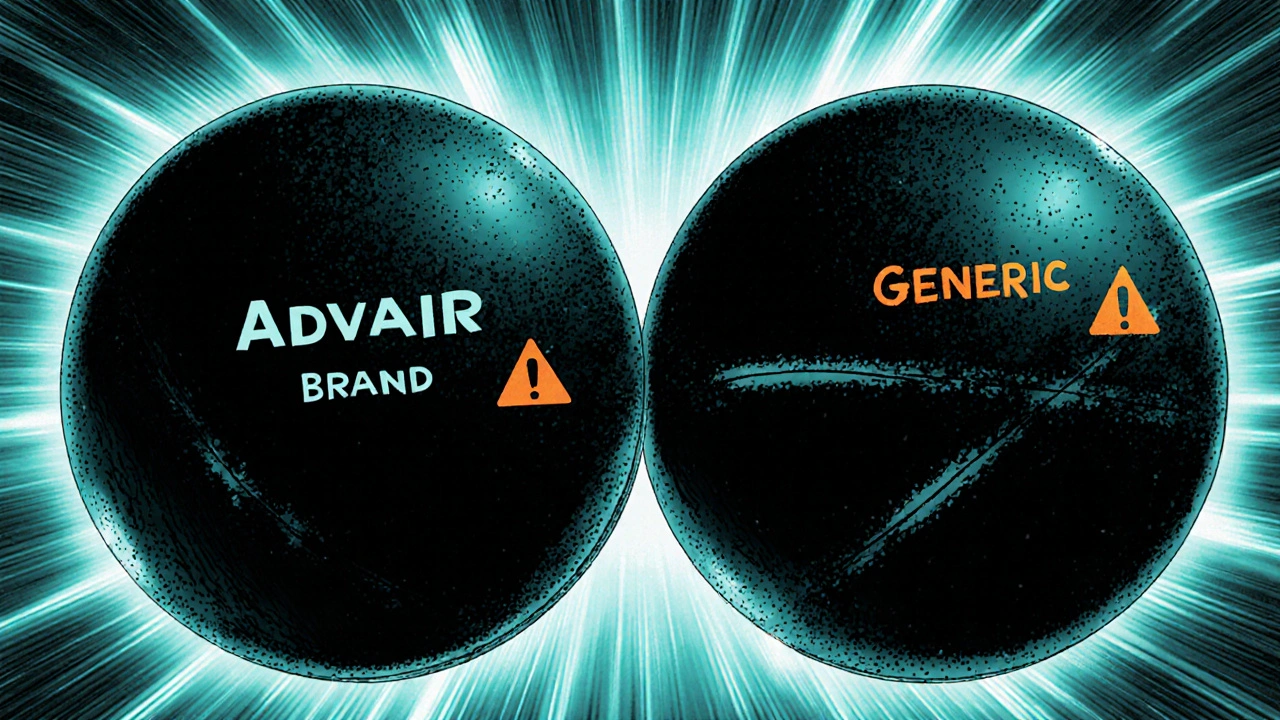Generic combination drugs save money but can differ in inactive ingredients, causing side effects or reduced effectiveness for some patients. Learn who’s at risk and how to protect yourself.
MoreTherapeutic Equivalence: What It Means and Why It Matters for Your Medications
When you pick up a prescription, you might see a generic version instead of the brand name you asked for. That’s not a mistake—it’s therapeutic equivalence, the official standard that says two drugs work the same way in your body, even if they look different. Also known as bioequivalence, it’s the reason pharmacists can legally swap one pill for another without asking your doctor. But here’s the catch: not all generics are created equal. Some work perfectly. Others don’t. And when they don’t, your condition might flare up, your insurance might deny coverage, or you could end up with side effects you didn’t have before.
Therapeutic equivalence isn’t just about chemistry. It’s about how your body absorbs the drug, how long it lasts, and how consistently it works. The FDA, the U.S. agency that approves drugs and tracks their safety uses strict tests to decide if a generic matches the brand. But even FDA-approved generics can behave differently in real life—especially for drugs with narrow windows, like blood thinners, thyroid meds, or seizure treatments. That’s why some patients need to stick with the brand name, even if it costs more. And that’s why insurance appeals, the process of fighting a denial when a generic doesn’t work are so common. Pharmacists are allowed to substitute, but they can’t override your doctor’s note if the brand is medically necessary.
What you’ll find in these posts isn’t just theory. It’s real stories from people who switched to a generic and felt worse. It’s the hidden FDA red flags that delay generic approvals. It’s the warning icons on your pill bottle that tell you something’s off. It’s how drugs like ondansetron or dapoxetine interact with other meds, and why a small change in formulation can mess with your heart rhythm or stomach. These aren’t edge cases—they’re everyday issues for people managing chronic conditions, side effects, or insurance hurdles. Whether you’re fighting a denial, confused by a label, or wondering why your generic isn’t working like it used to, the answers are here. You don’t need a pharmacy degree to understand what’s happening. You just need to know what to look for.

